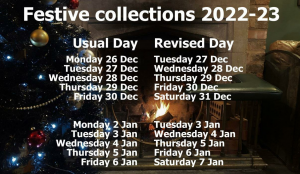
With the current climate emergency, homeowners may be wondering what they can do to support a reduction in carbon emissions. The rising costs of energy also means many are wondering how to cut their utility bills.
Many homes in the UK struggle to retain heat because of their age and poor energy efficiency, as well as how they are heated. Whether looking to invest in renewable technologies such as solar or heat pumps, or to install energy-saving measures, homeowners may be eligible for an energy efficiency loan to help fund the upfront cost.
Working in partnership with Social Enterprise lender, Lendology, Somerset West and Taunton (SWT) Council provides accessible finance in the form of low interest loans to homeowners wishing to increase their energy efficiency.
Since 2005, over £1.2m has been lent through Lendology to fund home repairs, improvements, energy efficiency measures and renewable heat technologies across the district. To date, over £883,137 has been repaid, which can now be re-lent.
Lendology always encourages applicants to explore grant funding in the first instance. Local organisations or services providing free and impartial energy advice and support with grant funding are detailed on Lendology’s partnership webpage.
For those unable to access grants, flexible loans delivered by Lendology could be the solution in funding energy efficiency work to their homes, helping to lower their carbon footprint and save money on their energy bills.
An SWT homeowner who recently received a home improvement loan said: “It was very helpful to us and our current circumstances. They provided a solution that was easy to understand and flexible.”
Cllr Fran Smith, Executive Member for Housing, said: “Everyone should have access to a safe, warm and dry home, which is key to good health across the district.
“There’s a variety of improvements covered under the scheme – be it repairing a leaky roof, funding an efficient heating system, fitting good insulation to keep bills down, or ensuring electrics are safe and up-to-date.
“It couldn’t be simpler to apply for a home improvement loan – just contact the team at Lendology.”
Cllr Dixie Darch, Executive Member for Climate Change, said: “COP26 highlighted the need for local action to support homeowners with the transition to net zero and through Lendology, and the launch of their recent ‘Decarbonising our Homes Campaign’, we’re committed to providing accessible funding for homeowners to increase their energy efficiency, reduce running costs and improve housing generally.”
To apply for an energy efficiency loan, visit lendology.org.uk or call 01823 461099.





